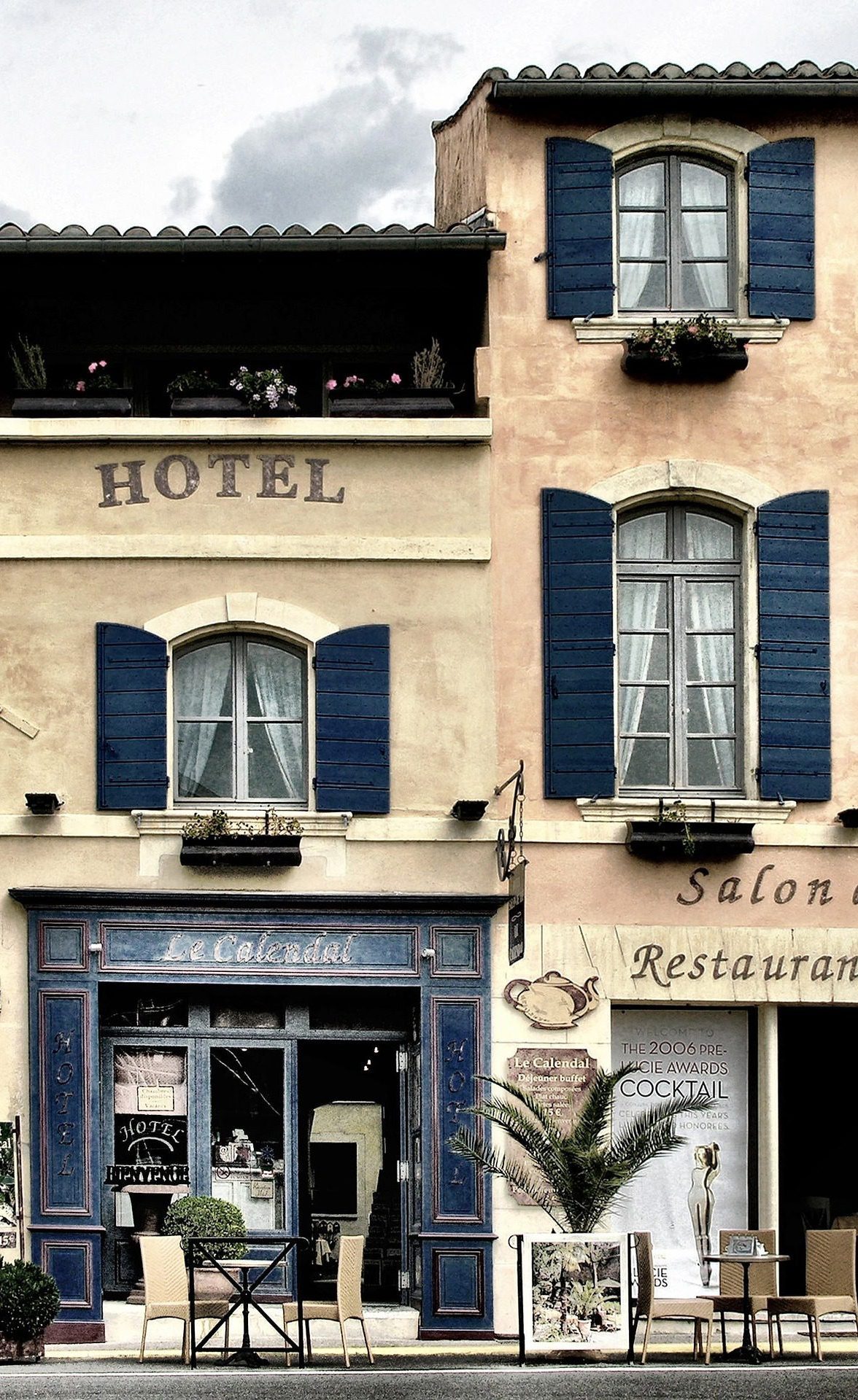Hotels and motels are one of the locations where sex trafficking is known to occur at higher rates. In the United States, 75% of survivors reported coming into contact with hotels at some point during their exploitation, whether while traveling, as a location of exploitation, or during their escape and rehabilitation.
Sex trafficking can and does happen at hotels and motels at all price points—not just cheap motels. The buyers at hotels and motels may be tourists or business travelers but are also often locals.
Labor trafficking and exploitation also affect the hospitality industry at higher rates than average. Many hotels use recruiters or subcontractors to fill the local needs of their hotels, such as cleaning and maintenance staff, security guards, and bar and restaurant staff. These subcontractors and recruiters may use a combination of debt bondage, extortionate recruitment fees, or visa and passport seizure to control and manipulate workers. Additionally, it is not uncommon for hotels to rely on migrant and seasonal workers to help during the busiest seasons, which presents additional opportunities for exploitation.
The number one action that tourism and travel businesses can take is creating, formally adopting, and enforcing an organization-wide anti-trafficking policy. These policies could use The Code of Conduct for the Protection of Children from Sexual Exploitation in Travel and Tourism and the United Nations Guiding Principles on Business and Human Rights as guidelines. These policies should include awareness trainings for employees, establish safe mechanisms and protocol for reporting human trafficking, and public transparency and disclosures about the steps being taken to ensure that there is no human trafficking in the business models.
The tools and resources below can help raise awareness about the increased risk for both sex and labor trafficking in the hospitality sector and provide best practices in operations and hiring to keep modern slavery out of the picture.

